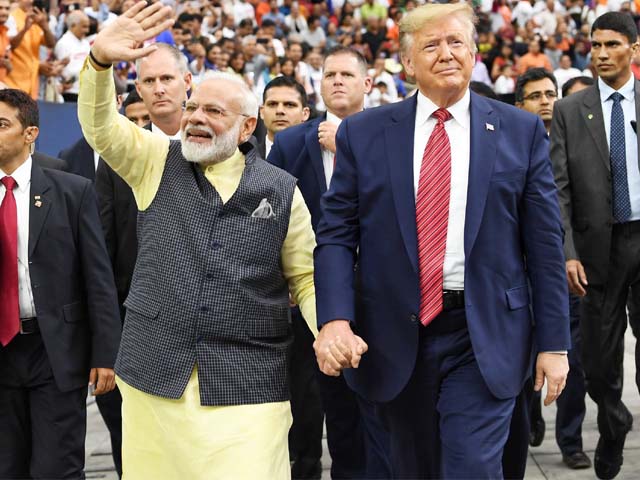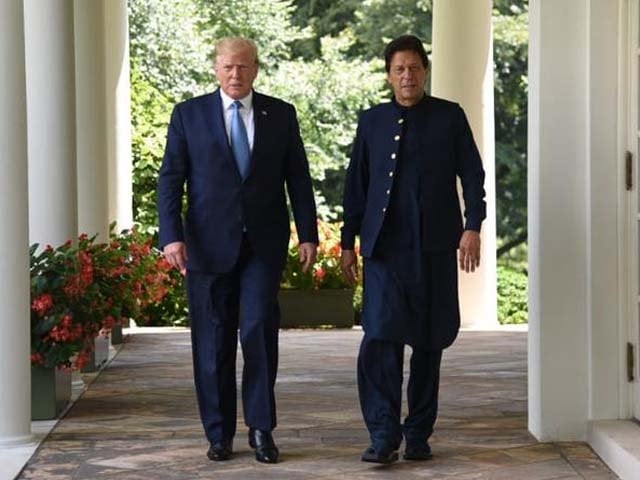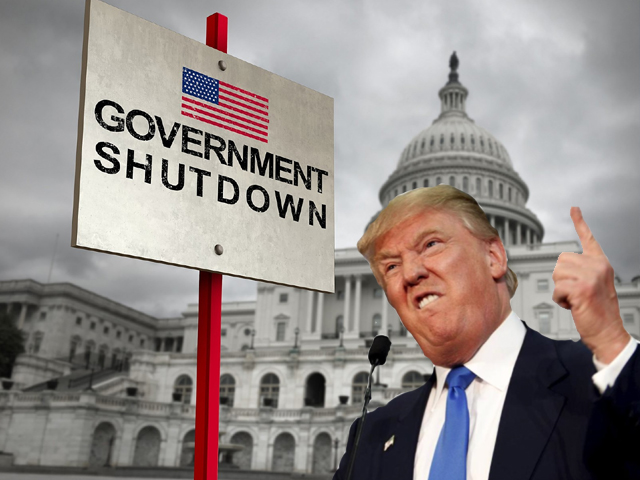
Should Pakistan apologise to Bangladesh?
The people of Pakistan have always been deceived and defrauded by their self-serving leaders.
Pakistanis celebrate December as the month in which the founder of the nation, Muhammad Ali Jinnah, was born. December also brings back memories of the dark and stormy, the sad and painful memories of 1971 – the year in which the Eastern wing of the country, now Bangladesh, got severed from the Western, now the one and only, lost and lonely Pakistan.
Going by the history books and talking to those who were conscious and aware of the circumstances at that time, one can gather that the decade of the 60s was agonising and turbulent for the people of Pakistan; characterised by an incessant campaign for separation by East Pakistan nationalists and the inability of the military and political leadership to calm the emotions of the Bengali nation.
Whatever ensued the East Pakistan debacle needs no elaboration. Pakistan as a nation was doomed with the morale of the people reaching new ebb. While the country was economically ruined and politically shattered, it stood completely isolated in the comity of nations.
Loss of territory, prestige, and 90, 000 prisoners of war was followed by further humiliation, the so-called ‘triumph of diplomacy’, in the name of the Simla Agreement. The nation was made to believe that what was lost on the battlefield was regained at the conference table. Beyond all the rhetoric, it was self-evident that Pakistan had been slammed into the corner.
Fast forward 43 years, other than the self-styled patriots who still like to call Bangladesh ‘East Pakistan’, the question of ‘the fall of Dhaka’ continues to trouble the deepest recesses of the collective conscience of concerned Pakistanis, fuelling anxieties about the country’s future and obstructing its emergence and transition into a tolerant and self-respecting society. Looking back, the leadership of the time threw the entire nation under the bus and walked away scot-free.
Today’s Pakistan and its citizens are very different from what they were four decades ago. Transparency is important to the new generation. Going by the trends in social media, off-the-cuff discussions and conversations at academic gatherings, those who dare to care often question the rationale of the strategy employed by the Pakistani political and military leadership in Islamabad.
How did the situation get out of control? Why did the military indulge in blatant rape, loot and plunder? Why were the people of Bengal tortured, maimed and murdered by the ruthless and power-hungry soldiers from West Pakistan? Why were the findings of the Hamoodur Rehman Report not made public?
While these questions are somewhat heavily loaded and a healthy discussion may be out of the realm of possibility, I truly believe that new times bring new challenges with them and new challenges must be dealt with by new tactics and a renewed vigour to make things better and healthier for our future generations. To quote Steven Pinker,
“We will never have a perfect world, but it’s not romantic or naive to work toward a better one.”
I do not want daggers to come out or push people into an unnecessary roller coaster, soul searching ride, but I sometimes feel that it would be really nice if, as a gesture of goodwill toward the people of Bangladesh and to facilitate bringing down the political stress level in South Asia, Pakistan issues a statement apologising for the discriminatory treatment meted out to the East Pakistanis and the war crimes committed during those awfully hurtful years? Isn’t it the right time and place for the Pakistani leadership to put the fire out forever and, for a change, make headlines for the right reasons?
Such an act of benevolence and magnanimity would bring closure, put to rest any leftover harsh feelings between the two nations and harness better understanding for all times to come. It would start a process of healing and put populations not only in Pakistan and Bangladesh at ease but will do a world of good for the people of South Asia.
I know this is not an easy task to accomplish for a number of reasons. Firstly, given Pakistan’s current political and economic environment, perhaps the general population is not even bothered about what happened such a long time ago. Secondly, it is rather inconceivable for anyone to talk about military accountability in Pakistan; apologising to the Bangladeshis would obviously involve some knuckle smacking of the army and that is definitely a no-go area. Last but not least, such an act may open up a Pandora’s Box of troubles, having detrimental and far-reaching consequences for many of the luminaries of the current Pakistani political system due to their allegiance and association with the East Pakistan fiasco.
The truth is hard to get to and pride is mostly impossible to swallow. Only the brave acknowledge their mistakes and while it is terribly unfortunate, the people of Pakistan have always been deceived and defrauded by their self-serving leaders. In short, the truth has never been allowed to be disseminated and people have been treated like fodder forever.
For the sake of the Pakistani nation, one hopes that the political errors committed by those in authority during the time of the East Pakistan crisis are not repeated, or at least an effort is made to minimise and mitigate the incompetence of the political and military leaderships that placed the Pakistani armed forces in the Eastern wing in a no-win situation. Obviously, forces of polarisation will never cease to exist but it is nothing but fair to expect that all provinces and regions of the country are treated equally.
Recently, I came across an interesting newsbyte according to which Balochistan’s yearly development budget is Rs50 billion. On the other hand, the Islamabad metro bus budget has increased from Rs44 billion to Rs52 billion. These are clear signs of discrimination, something that the East Pakistanis kept complaining about but no heed was ever paid to their protests.
In today’s political environment, Pakistan is a target of dangerous and negative attention, both at home and in the neighbourhood. While internally there’s a long list of intrinsic threats spanning from religious fanaticism to a completely chaotic and unstable political system, Pakistan is perceived as a sponsor of terrorism and hatred in the regional context. It’s been years since Bangladesh declared independence, yet one feels that there’s this strange animosity, bad blood that still exists between the two nations. I’m no foreign policy expert but wouldn’t it be a show of smart diplomacy if the prime minister of Pakistan gathers up the courage and support, flies over to Dhaka and bury the demons of the past once and forever? This will alleviate plenty of tensions and help wash away the sorrows of the years gone by.
At a time when the Pakistani nation is tottering, getting together, protesting to bring the old order down, it is nothing but critical to choose a sincere and honest political leadership that makes the right decisions for the country. Divisive trends and elements should be checked and the body politic must be cleansed from dirty, corrupt and unscrupulous elements.
It would be fair on all concerned to let the unpleasantness of the past roll away. It is time to protect and secure whatever is left of Jinnah’s truncated Pakistan. It’s time to realise the mistakes of yore, analyse and make amends. Sound decisions made right now will ensure Pakistan’s existence as an independent, honourable and respectable nation. The new generation of Pakistanis can use a little help from the old guard to shine the light and talk unconditional peace that’ll give the country a much friendlier, human face.




COMMENTS (17)
Comments are moderated and generally will be posted if they are on-topic and not abusive.
For more information, please see our Comments FAQ